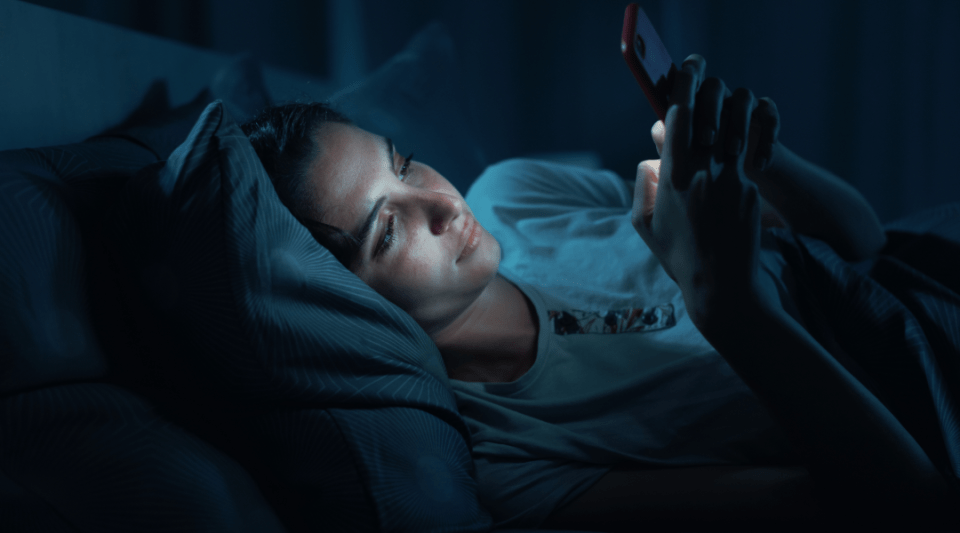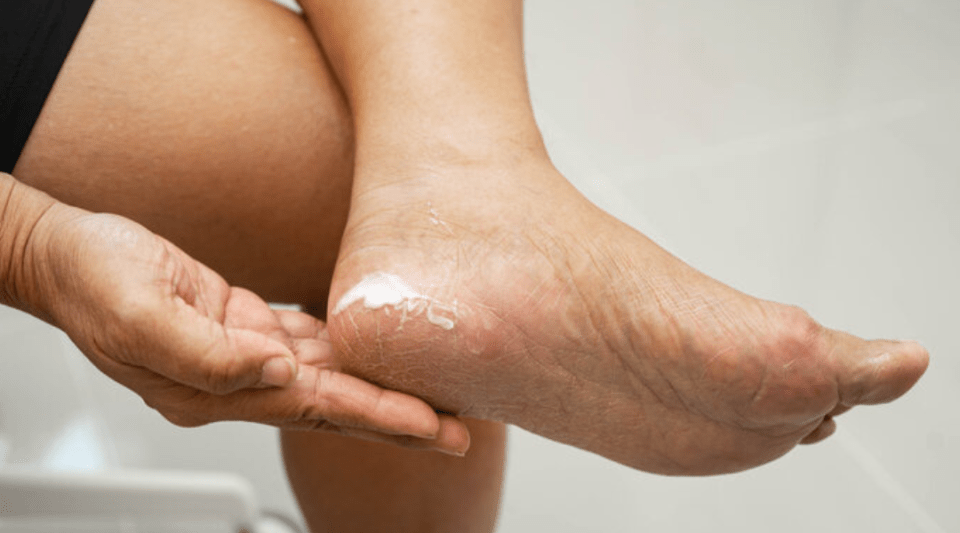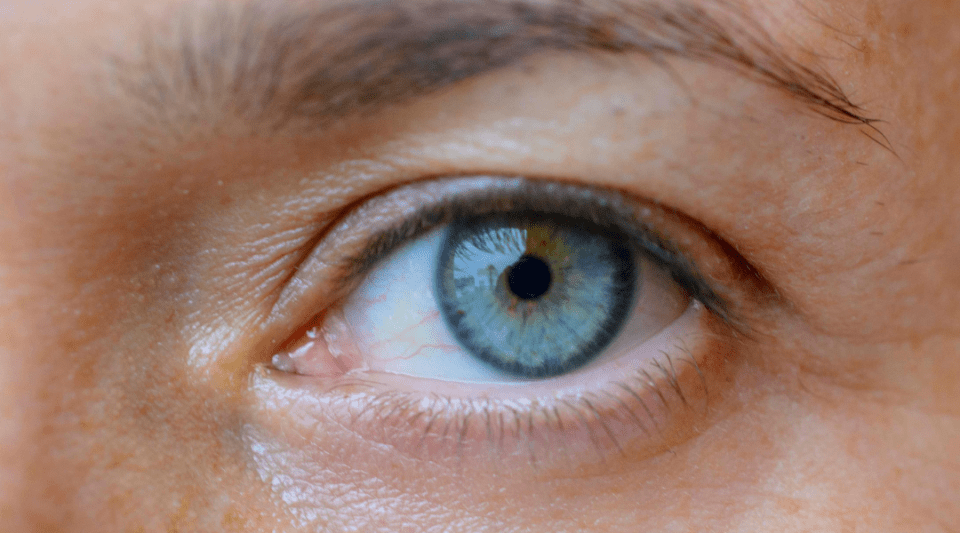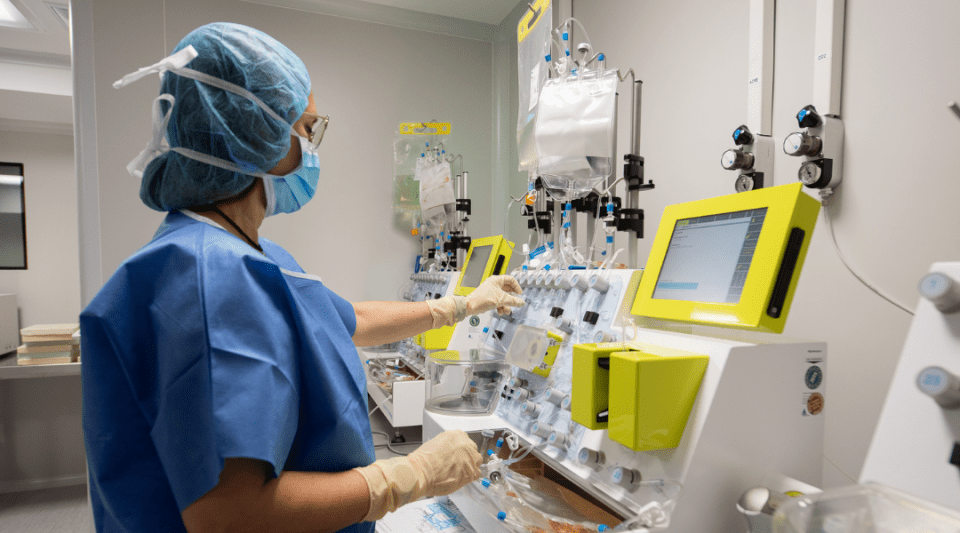The study, published in the journal Sleep Medicine Reviews, reviewed research carried out over the past decade and suggests that blue light may not actually be the main factor responsible for sleep disturbances.
The real issue may lie in engaging in stimulating activities before bed or excessive light exposure in general, rather than simply the blue spectrum. According to this research, blue light is likely not as harmful as is commonly thought, with its effects proving to be less significant than expected.
The study concludes that the impact of blue light on the time it takes to fall asleep is relatively small, with delays averaging no more than around ten minutes. Other factors, such as mental stimulation or overall light exposure, are often more significant.
Light exposure and circadian rhythms
Light exposure in general (not just blue light) affects circadian rhythms, the roughly 24-hour biological cycles that govern internal processes such as sleep, body temperature, hormone secretion, and metabolism. These cycles are primarily synchronised with the natural light–dark cycle in our environment, helping the body adjust to day and night. As a result, factors like how and when screens are used, screen brightness, and the type of activity may be more important than the specific colour spectrum of the light itself.
Sleep disorders are very common in the population. It’s estimated that around 20–30% of people have difficulty falling asleep. In fact, insomnia is the most common sleep disorder though fortunately, in most cases it is short-term and linked to a stressful event.
For people suffering from insomnia, it is especially important to avoid using devices such as tablets, televisions or mobile phones in bed. Maintaining healthy lifestyle habits and a good sleep hygiene by establishing a consistent bedtime routine, are key to ensuring restorative sleep at night for these patients.
The importance of sleep hygiene
In conclusion, the information suggests that concerns about blue light have been somewhat overstated.
While artificial light can certainly affect sleep and circadian rhythms, the primary focus should be on improving sleep hygiene. This refers to the set of habits and practices that support good sleep, both in terms of duration and quality. Examples include going to bed and waking up at the same time every day. Engaging in moderate physical activity helps promote good sleep, but it is best to avoid exercising at least three hours before bedtime.
Good sleep hygiene has been shown to improve physical, cognitive, and emotional well-being, as well as performance in daily activities.
Ultimately, managing overall light exposure and limiting stimulating factors in the evening are more important for restful sleep than focusing solely on blue light.
INFORMATION DOCUMENTED BY:
Dr Carles Gaig and Dr Álex Iranzo, neurologists. Sleep Unit, Neurology Department, Hospital Clínic Barcelona.






